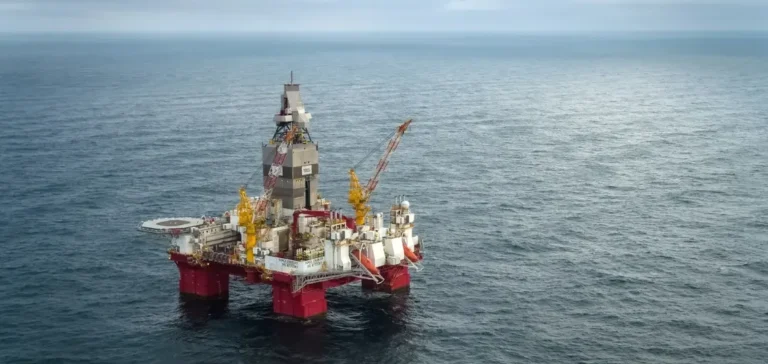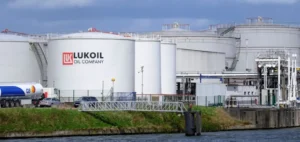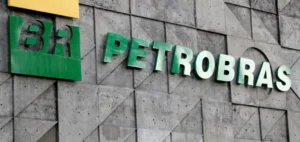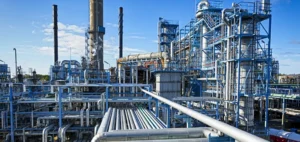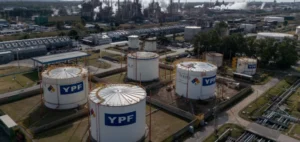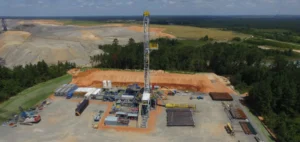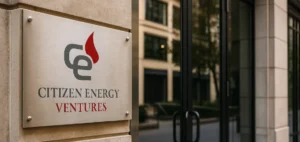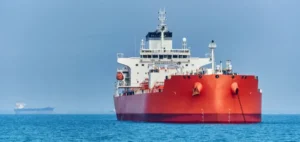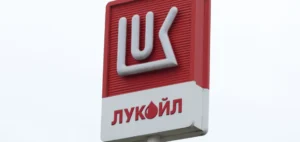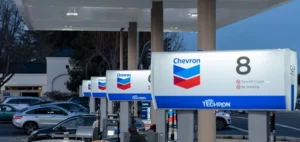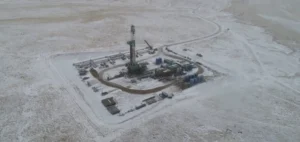Equinor has identified a new oil deposit at the Johan Castberg field in the Barents Sea, with a preliminary estimate ranging between 9 and 15 mn barrels, according to data published on 30 June. This reservoir was found in the Drivis Tubåen structure, drilled to a depth of 1,769 metres below the seabed by the Transocean Enabler platform. The area in question is part of production licence 532, awarded in 2009 during Norway’s twentieth licensing round.
Reserve expansion and drilling activities
Operator Equinor, which holds 46.3 %, is joined in the licence by Vår Energi (30 %) and Petoro (23.7 %). This discovery comes shortly after Johan Castberg reached full production, with initial reserves estimated between 450 and 650 mn barrels. Grete Birgitte Haaland, Equinor’s Senior Vice President for Exploration & Production North, stated: “We have made a new discovery that can provide additional reserves for the field. Our ambition is to increase the reserves by a further 250 to 550 mn barrels.”
The licence partners are considering the possibility of linking this new deposit to the existing Johan Castberg infrastructure. According to Equinor, Tubåen represents the fourteenth exploration well in production licence 532.
Production capacity and new drilling
Since 17 June, the Johan Castberg field has been operating at plateau levels, producing around 220,000 barrels of oil per day. A loaded tanker now leaves the site every three to four days. Two platforms are now dedicated to drilling both production and exploration wells around Johan Castberg and the neighbouring Goliat field.
The Norwegian company indicated that it plans to drill one or two additional exploration wells each year in this area. At the same time, the development of the Isflak deposit is scheduled for start-up in 2028, aiming to support the rapid expansion of the field.
Increased potential in the Barents Sea
The Barents Sea remains the least explored maritime area on the Norwegian continental shelf. The recent installation of production infrastructure at Johan Castberg increases the interest in exploring adjacent areas. Operations continue with the Transocean Enabler, which is still drilling for Equinor as part of the stated ambitions to expand reserves.
The published data show the intensification of oil activity in the north of the country. The multiplication of drilling campaigns and complementary developments could attract attention from operators and suppliers in the sector.


